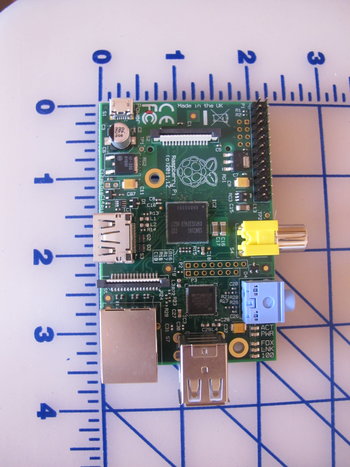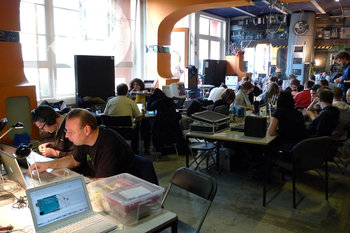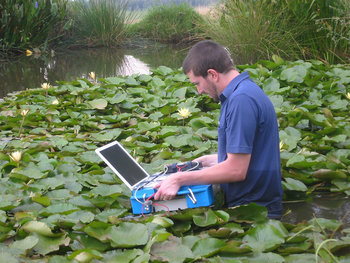
Web Servers
The internet is based on web servers that respond to requests from clients such as web browsers.Application Server
A server that provides services to applications such as a mobile app. For example, a weather app on your phone might contect to a server for weather data.Communications Server
Servers that provide clients with network connectivity and other communications such as voice. For example, a telecommunications device that provides 3G or WiFi to phones and other clients.Name Servers
Servers that look up addresses such as mapping a domain name to an IP. This is basic infrastructure for networks such as the internet.Directory Service
Servers that look up resources on a network such as users, groups and devices. Acts as infrastructure that is essential to network security such as authenticating users.API
A server that implements functionality for other software by offering an API.Database Server
Provides access to a database.File Server
Provides access to files.Game Server
Servers that implement games or services for a game such as social elements of gameplay.Media Server
Delivers media such as streaming video or audio.Proxy Server
Acts as an intermediary between clients and servers to implement functions such as security, monitoring or anonymization.System Services
A system is software that performs automation, calculations and other functions that aren't directly used by people. They are often implemented with a services that run on servers such as microservices.| Overview: Server | ||
Type | ||
Definition | Software or hardware that provides services to other software and hardware. | |
Notes | Servers are almost always software based. It is common to refer to hardware that primarily runs server software as a "server."A single hardware device might run a large number of servers and clients. Many devices run servers including end-point devices such as a phone.Servers may be designed to provide local services for a device as opposed to offering services to remote devices. | |
Related Concepts | ||






























